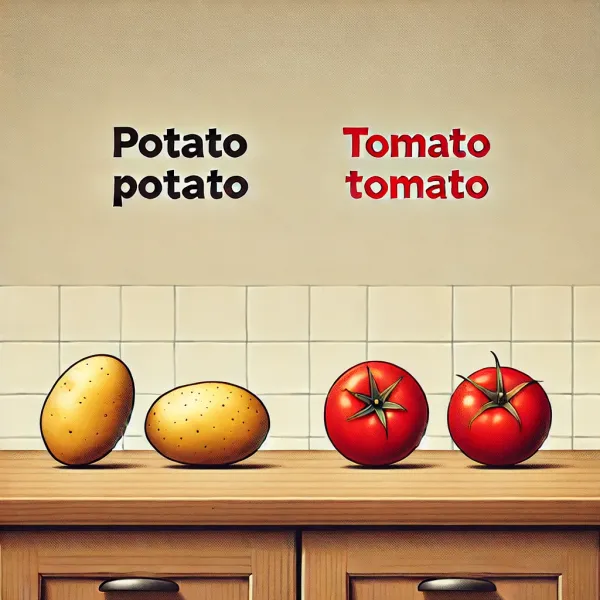CGM's - are you missing out?

CGM's of continuous glucose monitors are the rage now. There was a time when diabetics used it to monitor their blood sugar. Now everyone is using it to tell if ice cream elevates blood sugar. So do you need one?
Before I say anything, let me say I am a huge fan of measurement. I like to measure everything. I track over 70 metrics, from my weight to my blood pressure. So I would be the first to jump onto the bandwagon of a CGM. So why do I sound doubtful?
Like a shiny new toy, I think CGM's have a huge possibility of overuse. If you are Type I diabetic and your body does not make insulin and you want to use a CGM to learn how to regulate your dosage, it is a wonderful tool. You are only regulating your insulin; everything else remains the same, which makes total sense.
Your body does not follow the instructions of the doctor precisely. So when it responds to food by producing insulin, it also takes other factors into account. Your stress, your sleep, for example.
It looks at how much muscle you have. How much energy or glycogen is stored in your muscles? How much should it release, or should it use the glycogen released by your liver instead? What about the banana you just used? So, as you can see, the production of insulin and blood sugar is a complex phenomenon. It is not simply the food that you ate that affects your blood glucose.
Oversimplifying the way your body functions can result in poor choices. I see people quit eating food or even food groups in response to what their CGM showed them. Remember, most of us are on a nutritionally deficient and calorie-excessive diet anyway?
Doing away with a carrot, denying you the benefits, but compensating by eating something else, is hardly likely to set you off on the path of good health. So if you want to use a CGM, do so. Just don't switch off your brain while doing so. Look at it as another data point, not the gospel telling you what you can and cannot do.





